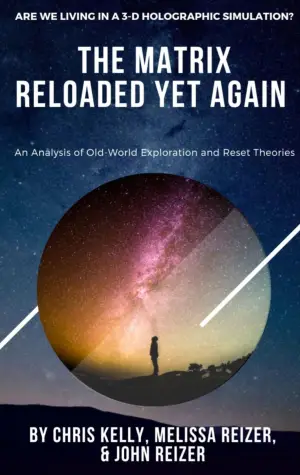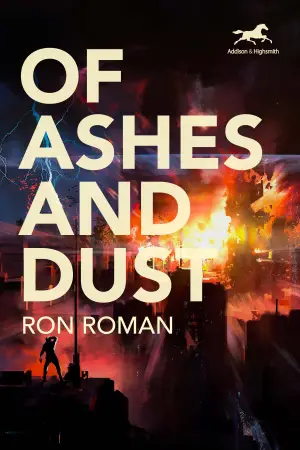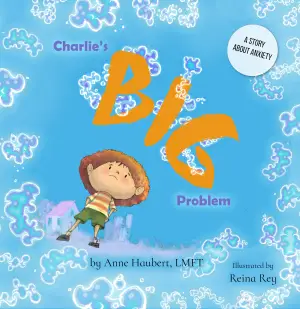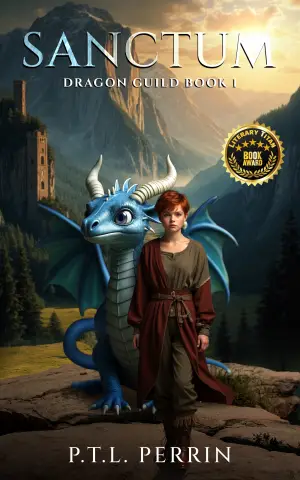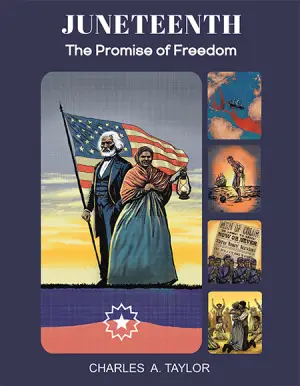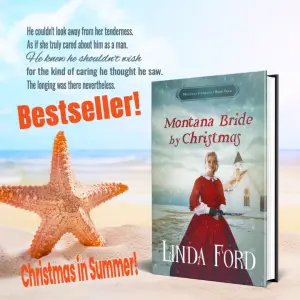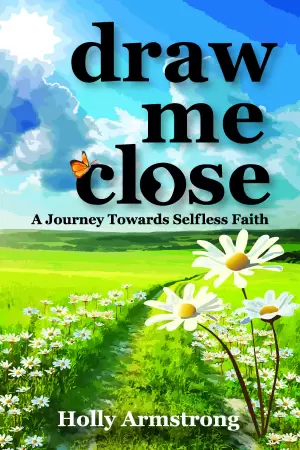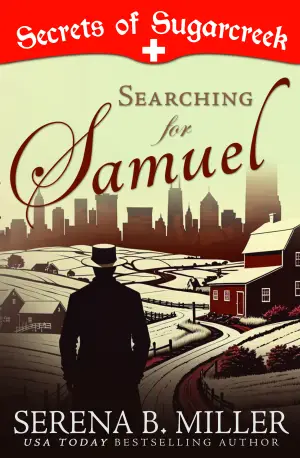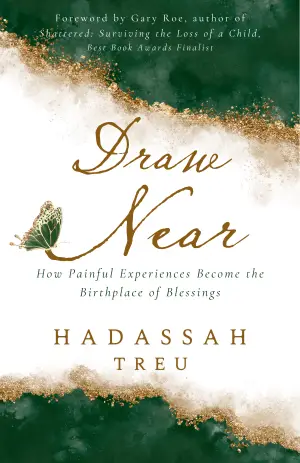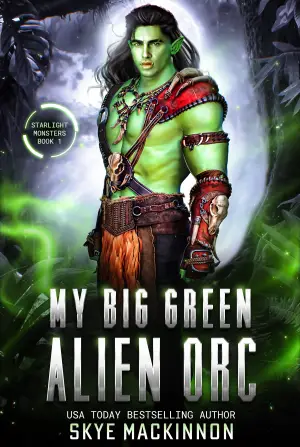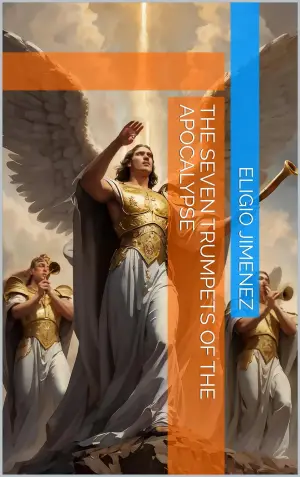My Sister’s Keeper: A Soul-Stirring Exploration of Life, Choice, and Sacrifice
Jodi Picoult’s My Sister’s Keeper caught my attention with its compelling premise: a story that dives deep into the moral complexities of familial love and sacrifice. I picked it up, expecting a typical emotional drama, but found myself in the throes of a powerful narrative that gripped my heart and left me questioning the very essence of right and wrong.
At the center of this poignant tale is Anna Fitzgerald, a child conceived to be a genetic savior for her older sister Kate, who suffers from leukemia. The book raises incredibly challenging questions about autonomy and responsibility. As Anna embarks on her journey to secure medical emancipation from her parents, particularly her mother Sara, I found myself grappling not only with Anna’s decisions but also with Sara’s fierce and often misguided love. There’s a poignant quote that encapsulates this struggle: “There are some things we do because we convince ourselves it would be better for everyone involved.” This line resonated deeply with me; it’s a chilling reminder of how often we mask our desires for the sake of perceived altruism.
Each character is multi-dimensional, and their internal conflicts create an emotional labyrinth. Sara is an unyielding mother guided by love for Kate but oblivious to the cost of her choices on Anna. Meanwhile, Anna embodies the voice of someone who has always been in service to others, yet yearns for her own life. While I initially found it difficult to connect with Sara due to her overwhelming determination, I gradually began to empathize with her plight. In her struggle, she reflects the universal fear parents face—what would we do to protect our children, and at what cost?
The pacing of the narrative, interspersed with alternating perspectives, amplifies the emotional tension. Picoult’s writing is sharply insightful, combining legal drama with family dynamics seamlessly. Through poignant revelations, such as when Anna contemplates her identity beyond being “the sister,” I often paused to reflect on my own relationships and the often unspoken burdens we carry within our families. Anna’s journey—filled with uncertainty and resilience—challenges us to consider not just the physical implications of survival but the emotional sacrifices that linger long after.
Notable passages linger in my mind, especially those grappling with the theme of existence and memory. The line, “If you have a sister and she dies, do you stop saying you have one?” illustrates the haunting permanence of loss and the enduring bonds of love. I found these reflections not only rich but transformative, inviting me to examine my relationships through a more empathetic lens.
My Sister’s Keeper is a thought-provoking read for anyone interested in complex family dynamics, the ethics of medical decisions, and the harsh realities of life and death. It is both heartbreaking and illuminating, appealing to those who appreciate literature that isn’t afraid to tackle moral ambiguity. As I closed the last page, I was left with a profound sense of introspection, contemplating the choices we make in the name of love—and the unforeseen consequences that often follow. If you’re ready to face the uncomfortable truths of life, this book will surely resonate with you. It’s more than just a story; it’s an exploration of love, sacrifice, and the essence of being human.

